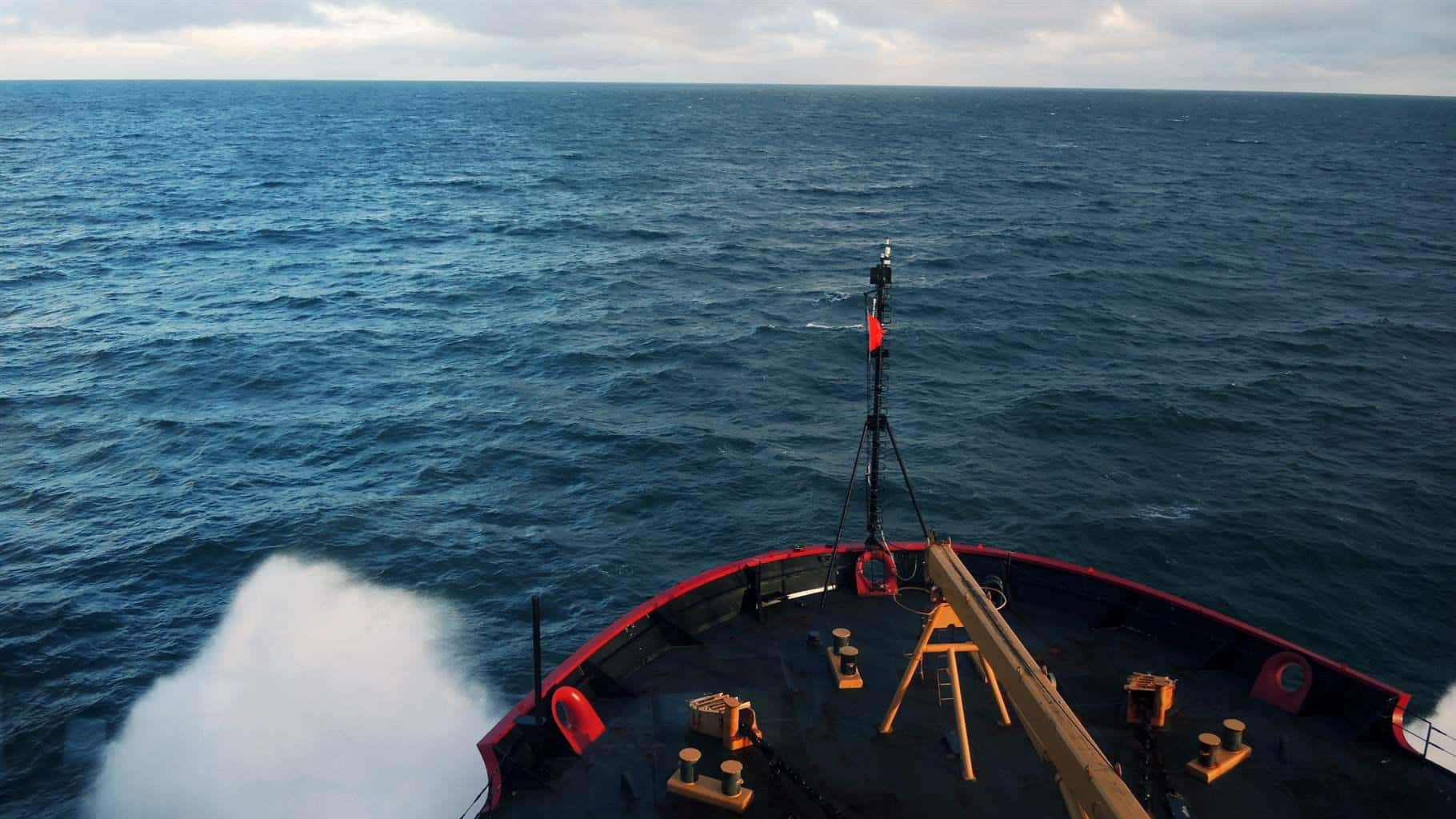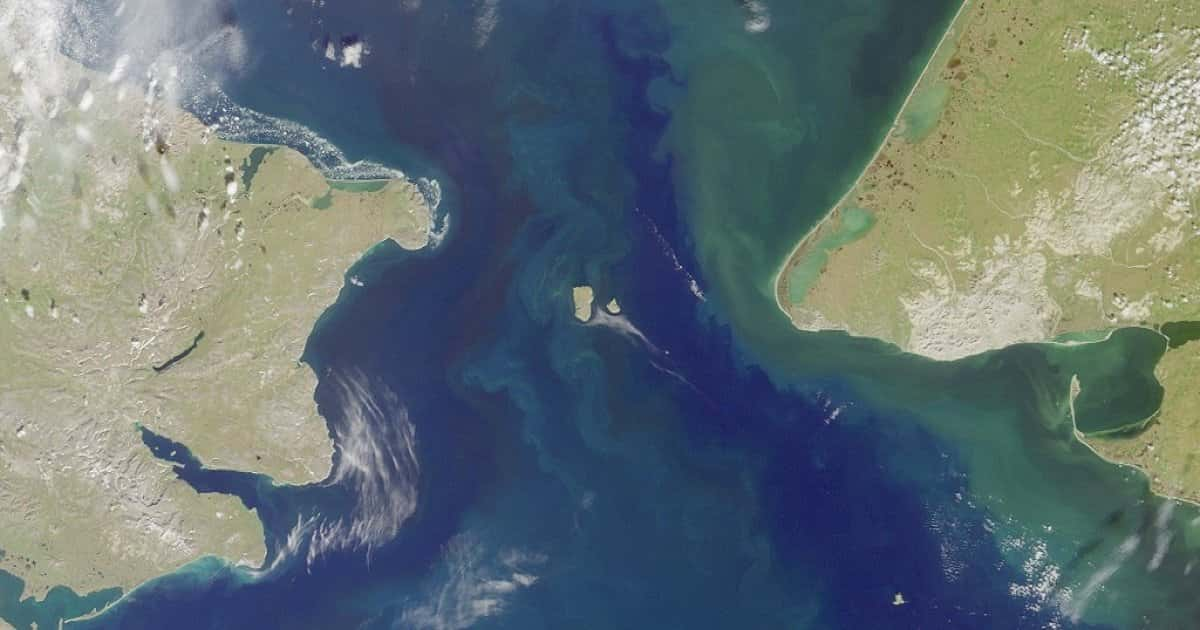Experts suggest that this surge in traffic is indicative of a developing trend.

The ongoing conflict in Ukraine is driving a significant surge in Russian oil shipments to China via the Bering Strait
So far this summer, at least five tankers have embarked on journeys carrying Russian crude through the Northern Sea Route to China, a route previously attempted only twice by oil tankers.
Notably, this increase in traffic is not one-sided; the second-ever large container ship to traverse this route departed from China in early August en route to St. Petersburg, as reported by High North News.
The growing concern revolves around the possibility of an Arctic oil spill, which could have catastrophic consequences for Alaska’s communities, particularly those near the Bering Strait, as these areas heavily rely on ocean resources such as fish, whales, seals, and walrus for sustenance.
The Bering Strait, with its 55-mile width, poses a risk of spills drifting towards Alaskan communities. This has prompted calls for the U.S. government to bolster its programs and infrastructure for accident response.
Among the vulnerable communities are Savoonga, Wales, Gambell, and Diomede, all in proximity to the Northern Sea Route.
None of these communities currently possess substantial spill response capabilities or major harbors for ship docking
Efforts are underway to address the challenges posed by increased Arctic activity. Alaska is developing its first deepwater Arctic port in Nome, expected to support U.S. Coast Guard operations in the region in the coming years. Additionally, Arctic-focused legislation, including a civilian position overseeing oil spill planning guidelines and a proposal to study Bering Strait traffic projections and emergency response capabilities, has been introduced.
Despite concerns about the environmental impact of increased traffic, experts note that Russia has maintained high standards for its tanker fleet and crews. However, the possibility of reduced standards due to higher traffic remains a concern.
One major obstacle to managing the risk of these new oil shipments is the diminished cooperation between the U.S. and Russia due to the Ukraine conflict. Suggestions for government pre-authorization for icebreakers from either country to respond to spills have been proposed, but the war has hindered cooperation efforts in the Arctic Coast Guard Forum.
The U.S. Coast Guard has also experienced challenges in collaborating with Russia. A planned joint oil spill response exercise was canceled, with no official explanation provided.
As concerns mount, stakeholders are calling for increased attention and resources to ensure the safety of the Bering Strait region and its critical resources.
READ ALSO: U.S. Air Force In Ukraine: Learning From Ukraine’s Air Force Resilience Amid Ongoing Russian Attacks




